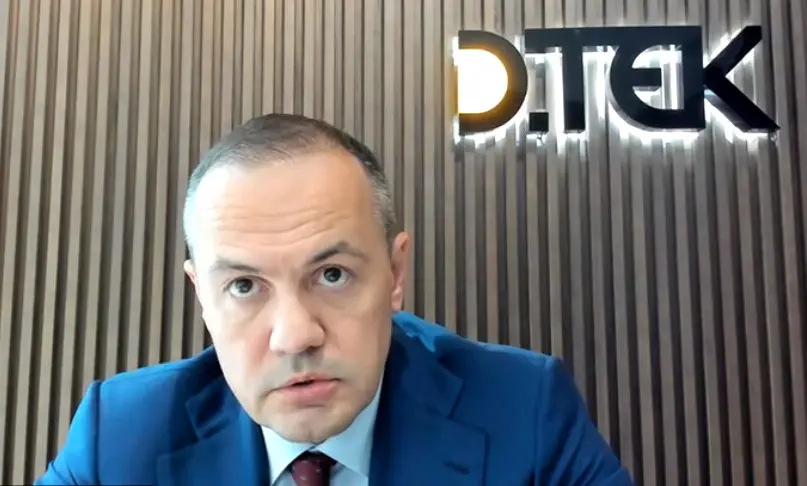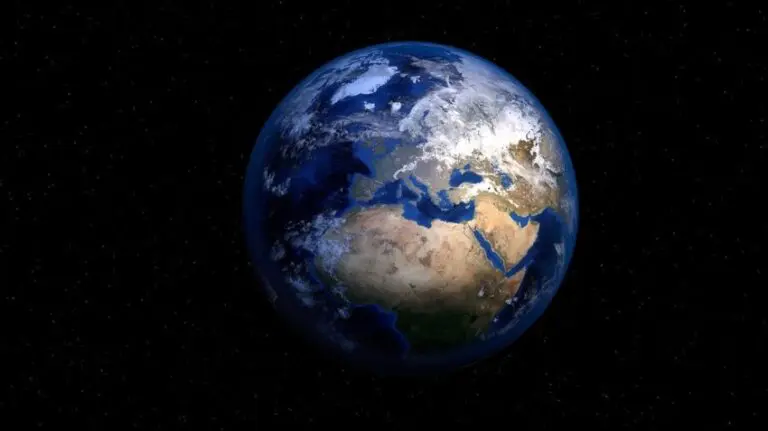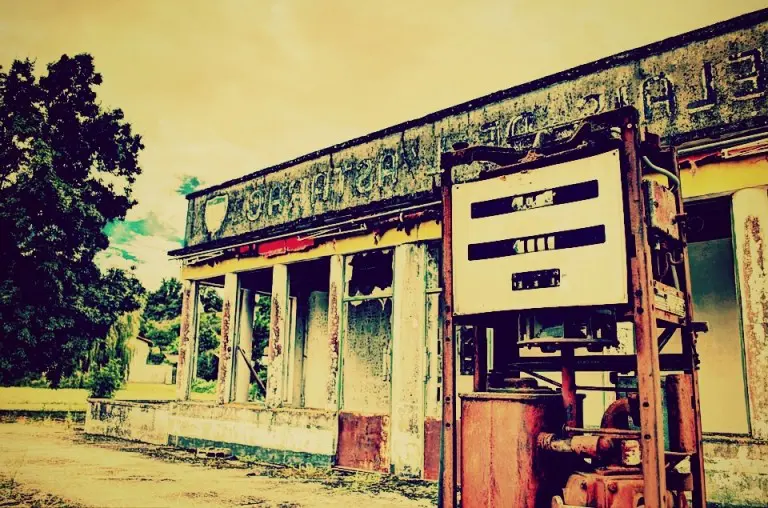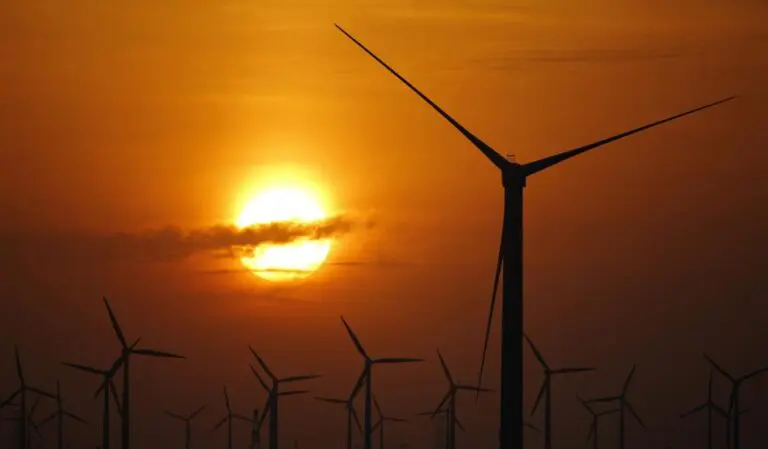Ukraine is planning an ambitious build-back of renewables of up to 30GW by the end of the decade after seeing substantial parts of its nascent wind and solar capacity wiped off the grid during the war with Russia.

Maxim Timchenko, head of the country’s energy company DTEK, revealed yesterday that about 90% of wind power and 30% of solar capacity has been knocked out of operation because their locations have fallen into Russian-occupied territory.
However, he explained that there were plans to restart the construction of wind parks with an ambition of “30 gigawatts of renewable capacity by 2030, mostly to export green electricity and green hydrogen to our European partners.”
He added that he hoped to see a 50:50 split of renewables and thermal capacity in Ukraine by 2030.
Subscribe today to the all-new Factor This! podcast from Renewable Energy World. This podcast is designed specifically for the solar industry and is available wherever you get your podcasts.
Listen to the latest episode featuring Nextracker founder and CEO Dan Shugar.
Company casualties of war
Speaking from DTEK’s head office in Kyiv during a press briefing with international journalists, Timchenko also revealed that 56 of the company’s employees have been killed since the Russian invasion began in February.
He said two of the fatalities occurred as “they were working to restore electricity,” while the rest were employees who had joined the army and were killed in action.
A further 120 staff have been injured in the conflict and three remain missing. “We do everything possible to help the families of these people,” said Timchenko.
Timchenko told reporters that DTEK was keeping Ukraine’s energy system in “a stable condition and operation.”
He said the company currently has an average capacity of 10 GW average capacity – “about 36% less than it was this time last year.”
He said some 72% of this capacity is nuclear – about 7.2 GW – with a further 2.2 GW of thermal and about 1.2 GW – around 11% – of renewables.
Exporting electricity
After moves earlier this year with the EU to allow Ukraine to trade energy across European borders, Timchenko explained that Ukraine is now exporting about 100MW of electricity to Slovakia and Romania.
He added that he is expecting this to rise to 200 MW by the end of July and believes it is realistic to expect 600-800MW by the end of this year.
In the week that the European Commission unveiled its strategy to wean countries off Russian gas, Timchenko revealed DTEK’s three-point plan for the winter.
“The first part is to prepare our generation equipment. We have already invested 1.5bn in repairs of power stations.
“The second factor is coal storage: today we have more than 1.5m tonnes of coal in stock and this will be 2.2m tonnes by October 1.”
And thirdly on gas, he said Ukraine currently has around 11.1 bcm in storage. The government has indicated that it would like it to be 19 bcm, however Timchenko said: “Based on our calculations and assumptions, we believe that 15 bcm of gas will be enough.”
Call for European help
Timchenko revealed what it was that DTEK and Ukraine needed from the European energy sector.
“Of course we need help,” he said. “We are in a war that is not only a war on the battlefield, it is an economic war and it’s an energy war.”
He said DTEK and Ukraine’s ministry of energy had drawn up a 30-40-page document detailing energy hardware and software that they need.
He explained that the list was “mostly related to power distribution companies because this never-ending destruction of equipment needs immediate repairs to restore electricity supply.”
Timchenko added that one of the biggest problems DTEK was facing was a six-to-eight-month lead time to get replacement equipment, “so we try to get priority in production lines of producers”.
Cyberattack thwarted
The energy chief also confirmed that two weeks ago DTEK had been the target of a cyberattack – and revealed it was the latest in a series.
“It’s not the first one: we have experienced cyberattacks of this level since November last year. But recently they intensified,” said Timchenko.
“Our corporate IT systems were attacked, however, our specialists showed their professionalism because we did not suffer any serious damage nor any confidential information taken and leaked. So it was a good test for our systems.”
He said DTEK had received “great support from Microsoft, supporting us in this fight against hackers.”
He said that three years ago DTEK developed an IT security strategy “and we started the implementation two years ago by our people with the support of different vendors”.
“In today’s attacks, we have great support from Microsoft. We work closely with our ministry of energy and our state security and just last week we decided to accelerate the implementation of this IT strategy.”






